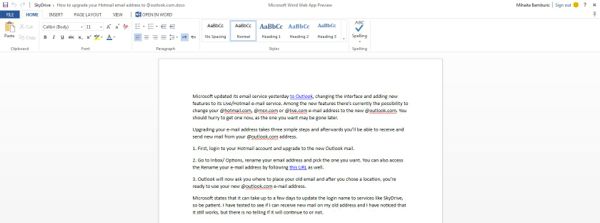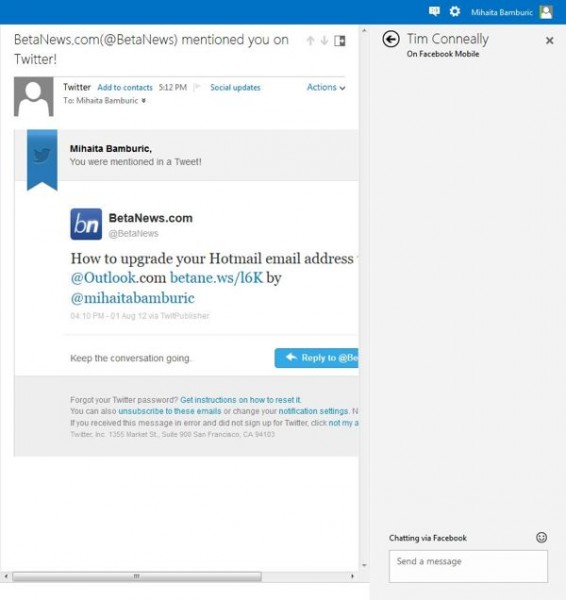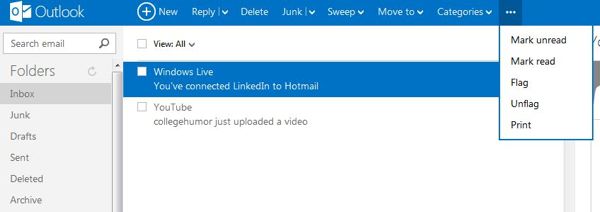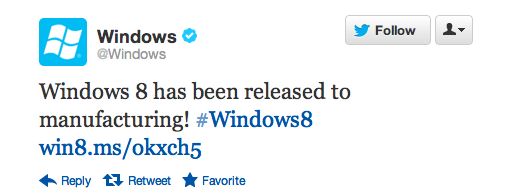You can’t have failed to notice that Windows 8 is attracting a lot of negative press. Some commentators, such as myself, have said it will flop, others that it will be the new Vista.
But not everyone thinks the updated operating system is a disaster. Thomas Koll, CEO of Laplink, is actually pretty positive about Windows 8's chances, and took the time to sit down with me and share his views about that and other topics, including flat PC sales, Microsoft Surface and tablet adoption in the enterprise.
Could you please provide a bit of background on yourself for the benefit of the readers.
[TK] Sure. I’m a Microsoft alumnus from 1988 -- 2001. All of my positions at the company were in sales-related functions, including corporate sales, country manager Microsoft in Germany, corporate vice president at Microsoft in Redmond responsible for one of the five sales divisions.
I’ve been the CEO of Laplink since 2003. For over 25 years, Laplink has been a global leader in PC connectivity, helping more than 15-million PC and Mac users worldwide who migrate, transfer, synchronize, share and remotely access billions of files per week.
Great. Let’s start by talking about the PC market. Second-quarter PC shipments were poor. They're flat globally, and down somewhere between 5 and 10 percent in the United States. Why do you think this is, and what do you see happening in the future?
[TK] The PC market is weak for several reasons. The weak economy has negatively impacted consumer spending overall, which includes computers. But perhaps more importantly, many consumers are choosing to use their limited budgets to buy new and additional devices like smartphones or tablets. I think only a small percentage of consumers have actually replaced their PCs with a tablet (and even less with a phone), but they clearly are extending the life of their existing PCs and not replacing them.
The result is many PC purchases have been postponed; for consumers who do much of their "consuming" (email, Facebook, music, video) on non-PC devices, they can squeeze a few more months (or years) out of their computers. Extending the life of existing PCs, a weak economy, and spending on non-PC devices has combined to significantly slow sales.
But the PC is not dead. We may love our iPads, we may love our new phones, but we’ll keep a PC around. It’s just that we won’t replace it as frequently as in the past.
Windows 8 is dividing opinion with some people predicting the new OS will be the next Vista. What do you make of it?
[TK] It certainly will not be Vista. Vista was considered a technology problem. Big memory needs, incompatible with the existing applications, high expectations from users. Win8 addresses a different set of issues. It brings a consistent UI across form factors, is very focused on the consumer buyer, and retains compatibility with older applications.
There will definitely be a group of people not liking it, but I hear more and more positive comments. Due to the additional market it addresses, there will be very controversial discussions (like iPad vs. Win8UI), but these should not to be compared with the traditional Windows PC user community’s opinion.
What features do you like and dislike about the new OS?
[TK] I like the new style UI, faster integration with data sources, compatibility with Win7 apps. But I don’t like that the classic view is being reduced in functionality. There is no good reason to switch to a new apps start-up model (no Start menu).
Are there enough features for the business user? Will the new UI entice business users to switch? I think there is a risk that some users (and perhaps many businesses) will want to downgrade new PC purchases to Win7. There’s nothing wrong with that, but it will create negative publicity.
What do you think Microsoft needs to do to succeed with its Windows 8 launch in order to reclaim the ground the company has lost over the past decade?
 [TK] The debate about the "lost decade" is a bit silly. Microsoft has made great improvements in the last 10 years. The enterprise market has grown very strongly, new markets like the Xbox conquered; new communication products like SharePoint are dominating…
[TK] The debate about the "lost decade" is a bit silly. Microsoft has made great improvements in the last 10 years. The enterprise market has grown very strongly, new markets like the Xbox conquered; new communication products like SharePoint are dominating…
Yes, Microsoft did not have the "usual" wins in the smartphone and tablet markets, which today dominate the "excitement factor" for many consumers, but these things can change quickly. Some years ago, everyone thought that netbooks running Linux were a major threat to Microsoft. But in the end, most Netbooks ran Windows.
Apple and Android did a great job of creating a new market, but don’t count Microsoft out yet. That being said, I do think Win8 needs to challenge these alternative operating systems. That won’t be easy.
But let’s not forget that we use a lot of Microsoft products on these non-Windows devices such as Exchange, Office, Skype, etc. With Skype alone, Microsoft has the potential to dominate the Internet calling/communication market.
For me, I think Win8 success will mean that Microsoft will be able to defend its enterprise dominance and get Win8 tablets as the default choice for corporate users. And, of course, the company will need to obtain some share of the existing premium tablet market for consumers. (I expect Apple will stay the premium market leader and Android the lower-cost choice). If Microsoft can do this while turning Surface into a hit, then that’s a pretty good outcome for the company.
Microsoft will remain a dominant ecosystem, but we will certainly see alternates become more and more available for consumers, like Apple and Google. However, these guys only play in the consumer space and they have no offerings for businesses or government, today. Microsoft must use Win8 to keep Apple and Google confined primarily to the consumer space.
Laplink has forecast there will be 125 million users of Windows 8 in the United States alone within 18 months of it being released, with a large proportion coming from consumers buying new hardware to take advantage of the OS’s capabilities. What’s this predication based on?
[TK] Win8 will be shipped by all OEMs. Automatically it will be as successful as Win7 unless the PC market crashes. If 350-million PCs are shipped in the next 12 months, then it will be easy to reach those numbers. I would think that this number is conservative for 18 months given that there likely will be an increase because of availability in different form factors than in the past, as well as the proliferation of non-PC devices as WinRT tablets.
What’s your view on tablets? Will they totally replace laptops and/or desktops in the future?
[TK] No, definitely not, but the form factors will morph somewhat. Is Surface a tablet or a PC? Yes. Is a WinRT a PC? Might not be. However, the tablet (with keyboard) might replace a certain percentage of PCs that have been used for "consumption" (email, web browsing, limited text input). I think tablets and phones are like microwave ovens -- very convenient, very easy, but every home still has a conventional oven.
What do you think about Surface?
[TK] It looks like a good tablet (with a keyboard). Microsoft has to transform itself into a company with a hardware division, which should not be the biggest problem, as it has done so for Xbox and peripherals in the past. But if Surface can scale, it will be a major transition for Microsoft. If that happens, we can expect a major reorganization to follow.
Laplink has said it envisions significant enterprise adoption of Windows 8 tablets, but will businesses really want to spend a fortune on new technology? Surely maximizing their existing hardware makes greater sense?
[TK] Businesses will spend on new technology if there’s a positive ROI attached. Already, tablets are coming into the enterprise -- mostly iPads. Today, 50 percent of business desktops are still on XP, but almost all will soon move to Win7 or Win8. A normal adoption cycle to Win8 will start in about 18 months, but it will be far easier (and cheaper) to manage a Win7/8 environment than a Win7/iOS environment. Tablets in the enterprise are a given, and because Win8 tablets will have a better ROI than iOS, Microsoft has a great chance to get significant adoption of Win8 tablets.
And finally, do you see Windows 8 as being a good or a bad thing for your business?
[TK] I believe a good thing. We will see expanded interest in PCMover (again, our view is that the PC is not dead) and also our sync products, which are needed to keep your data in sync between all your devices (including PCs).





 In case you haven't already noticed, it's the quadrennial presidential election season in the United States; the time when the two dominant political parties state their goals and methods of attaining them, and work to put their chosen party leader into the office of President of the United States.
In case you haven't already noticed, it's the quadrennial presidential election season in the United States; the time when the two dominant political parties state their goals and methods of attaining them, and work to put their chosen party leader into the office of President of the United States. If you’d like to find a good proxy server to keep you anonymous online then there are plenty of online sources which claim they can help. These lists aren’t always reliable, though -- some recommended servers may not work any more, others aren’t as anonymous as you might think -- and you can spend quite some time manually checking their various suggestions before you find anything that suits your needs.
If you’d like to find a good proxy server to keep you anonymous online then there are plenty of online sources which claim they can help. These lists aren’t always reliable, though -- some recommended servers may not work any more, others aren’t as anonymous as you might think -- and you can spend quite some time manually checking their various suggestions before you find anything that suits your needs.

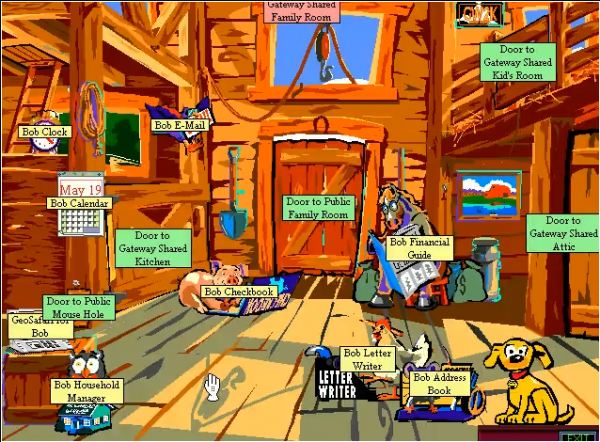
 If you’re not happy with your PC’s current fonts then a few seconds at Google will find you thousands more, easy to install and, often, entirely free of charge.
If you’re not happy with your PC’s current fonts then a few seconds at Google will find you thousands more, easy to install and, often, entirely free of charge.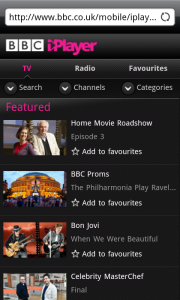 Two months ago my colleague Patrick Roanhouse wrote "
Two months ago my colleague Patrick Roanhouse wrote " Dropbox has announced a major update to its pre-release Experimental Edition backup and sync software.
Dropbox has announced a major update to its pre-release Experimental Edition backup and sync software.  It’s late at night, and you’d like to watch a movie on your PC, but there’s a problem: Set your system volume at a level where you can comfortably hear the dialog and quieter moments, and action scenes are often way too loud, annoying if you’re hoping not to disturb the neighbours.
It’s late at night, and you’d like to watch a movie on your PC, but there’s a problem: Set your system volume at a level where you can comfortably hear the dialog and quieter moments, and action scenes are often way too loud, annoying if you’re hoping not to disturb the neighbours. CEO Tim Cook describes China as Apple's second-most important region. For good reason. IDC predicts that smartphone shipments to the People's Republic of China will pass the United States this year. There's the question, which benefits more: Android or iPhone/iOS?
CEO Tim Cook describes China as Apple's second-most important region. For good reason. IDC predicts that smartphone shipments to the People's Republic of China will pass the United States this year. There's the question, which benefits more: Android or iPhone/iOS?
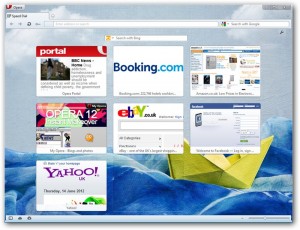
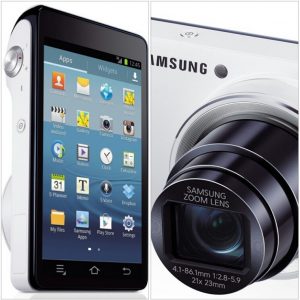 Well, I must agree with the
Well, I must agree with the 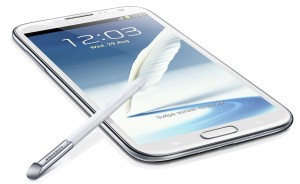 Galaxy Note II is nothing more than a large iPhone (look at the rounded corners) or small iPad. Say, it's really ripping off iPad mini's design. We know Apple will ship the tablet soon, because the Mac rumor sites are always right.
Galaxy Note II is nothing more than a large iPhone (look at the rounded corners) or small iPad. Say, it's really ripping off iPad mini's design. We know Apple will ship the tablet soon, because the Mac rumor sites are always right.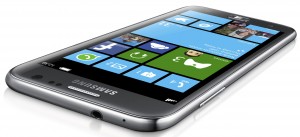 Core features: 1.5GHz dual-core processor; 4.8-inch HD Super AMOLED display; 1GB RAM; 16GB or 32GB storage; 8MP front- and 1.9MP rear-facing cameras; HSPA+; GPS; Wi-Fi a,b,g,n; Wi-Fi Direct; 2,300 mAh battery; and Windows Phone 8. The phone measures 137.2 mm wide x 70.5 mm high x 8.7 mm deep and weighs 135 grams.
Core features: 1.5GHz dual-core processor; 4.8-inch HD Super AMOLED display; 1GB RAM; 16GB or 32GB storage; 8MP front- and 1.9MP rear-facing cameras; HSPA+; GPS; Wi-Fi a,b,g,n; Wi-Fi Direct; 2,300 mAh battery; and Windows Phone 8. The phone measures 137.2 mm wide x 70.5 mm high x 8.7 mm deep and weighs 135 grams.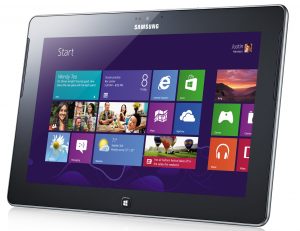 But wait there is another! The
But wait there is another! The 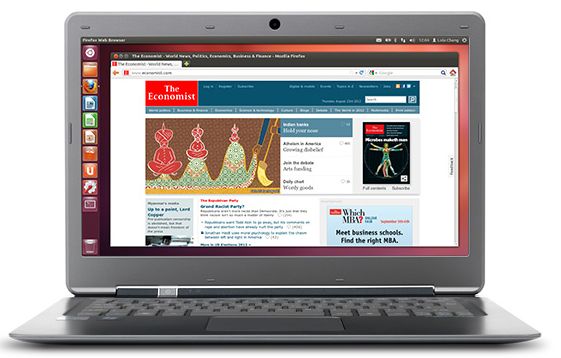
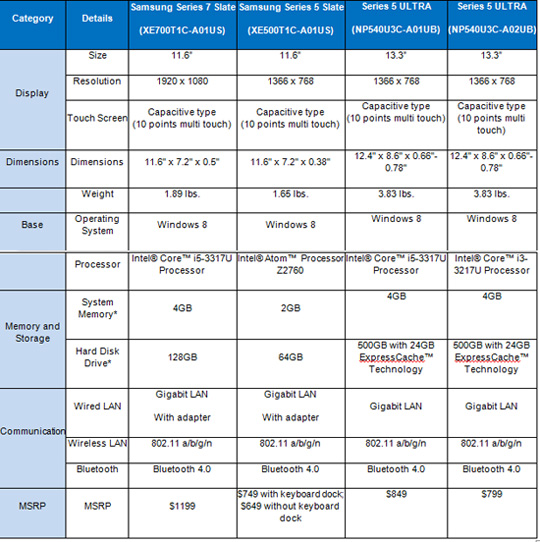
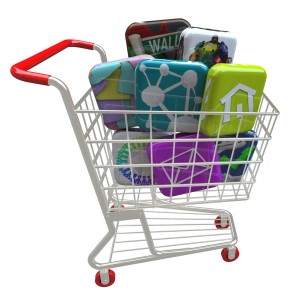 Amazon Appstore, the retail giant's marketplace for Android applications, has finally opened for business in the United Kingdom, France, Germany, Italy and Spain, a whopping 17 months after it first launched in the US.
Amazon Appstore, the retail giant's marketplace for Android applications, has finally opened for business in the United Kingdom, France, Germany, Italy and Spain, a whopping 17 months after it first launched in the US. Laplink Software has released
Laplink Software has released 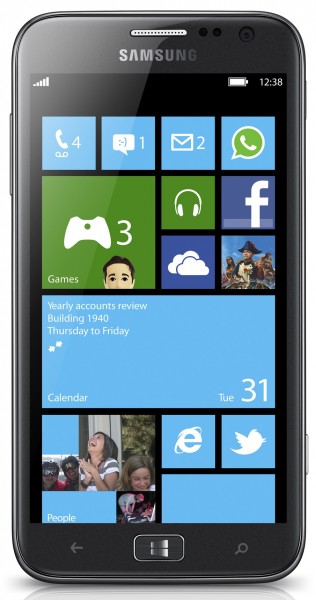 Samsung made a string of new product announcements at IFA in Berlin, including of course the much anticipated
Samsung made a string of new product announcements at IFA in Berlin, including of course the much anticipated  If your digital photo collection is something of a mess then there are thousands of programs that promise they can restore order. And so, like us, you probably don’t see an urgent need for any more.
If your digital photo collection is something of a mess then there are thousands of programs that promise they can restore order. And so, like us, you probably don’t see an urgent need for any more.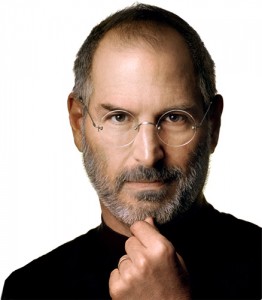 In about six weeks, the InterWebs will flood with posts commemorating a tech visionary's passing.
In about six weeks, the InterWebs will flood with posts commemorating a tech visionary's passing. 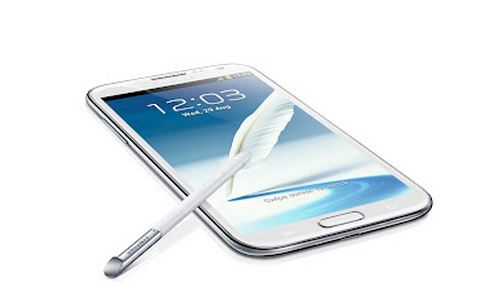
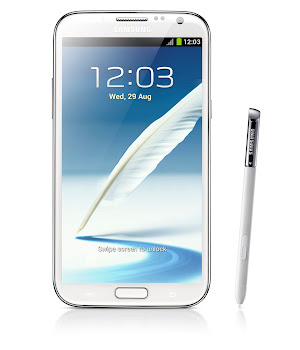
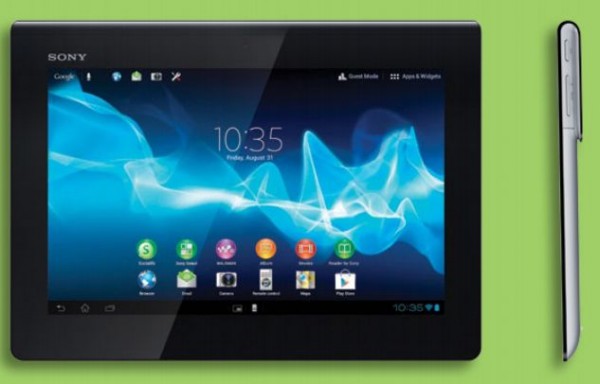
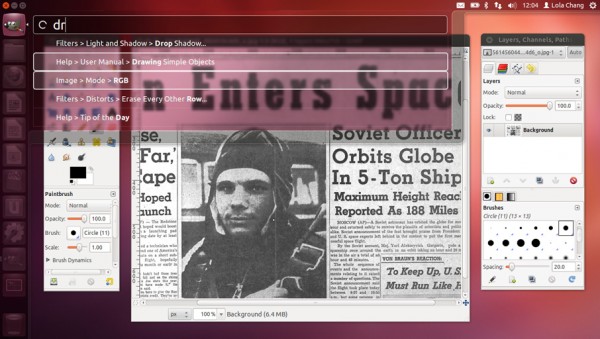
 The
The 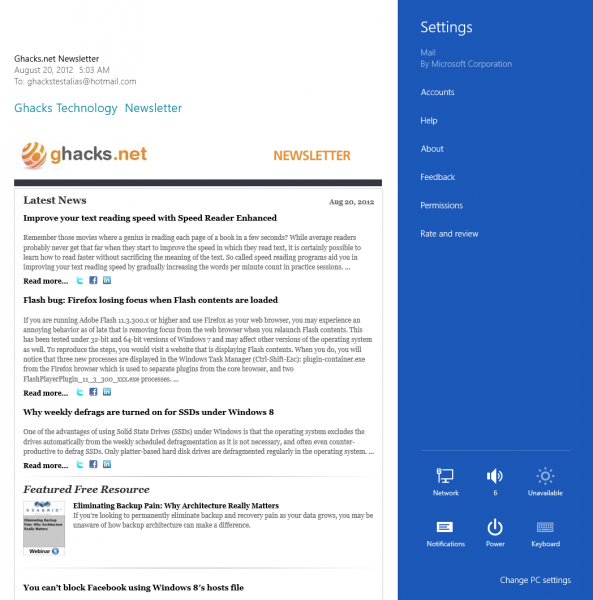
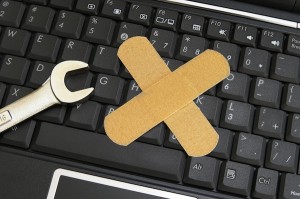 With effective antivirus software installed, you can protect yourself against a range of online threats such as viruses, spyware and other malware. But there are some forms of malicious software that manage to evade detection by even the newest and completely updated protection tools. In this situation, you may feel as though there is nothing left to do but to format your hard drive and start from scratch, but
With effective antivirus software installed, you can protect yourself against a range of online threats such as viruses, spyware and other malware. But there are some forms of malicious software that manage to evade detection by even the newest and completely updated protection tools. In this situation, you may feel as though there is nothing left to do but to format your hard drive and start from scratch, but  Setting up a local installation of WordPress on your own PC can be a convenient way to test themes and plugins, but it’s not the simplest of tasks. Along with WordPress itself you’ll need to install and configure PHP, a server, database and more.
Setting up a local installation of WordPress on your own PC can be a convenient way to test themes and plugins, but it’s not the simplest of tasks. Along with WordPress itself you’ll need to install and configure PHP, a server, database and more. CyanogenMod 9.1 and NFC payments -- curious already? The CyanogenMod team
CyanogenMod 9.1 and NFC payments -- curious already? The CyanogenMod team 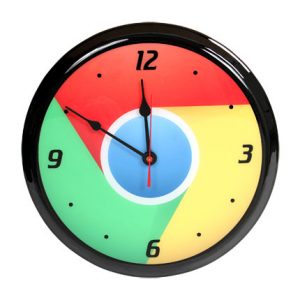 Microsoft's Internet Explorer was the uncrowned king back in 2008 with Mozilla's Firefox snagging away half a percent or so from IE's market share each month. Mozilla in that year released Firefox 3.0, a controversial version of the browser that divided the browser's user base into the Firefox 2.x and 3.x camp. Microsoft released Internet Explorer 8, a version of the browser that still fell short in many areas even though it was seen by many as a huge improvement over the company's previously released Internet browsers.
Microsoft's Internet Explorer was the uncrowned king back in 2008 with Mozilla's Firefox snagging away half a percent or so from IE's market share each month. Mozilla in that year released Firefox 3.0, a controversial version of the browser that divided the browser's user base into the Firefox 2.x and 3.x camp. Microsoft released Internet Explorer 8, a version of the browser that still fell short in many areas even though it was seen by many as a huge improvement over the company's previously released Internet browsers.
 Shutting down Windows 8 can be frustrating as it is no longer the intuitive process that Windows users are accustomed to in previous versions. Now in order to perform any power-related operation, the standard way is to invoke the Charms menu, which shows up on the right side of the screen. It might even seem unnatural now that the Start menu is gone.
Shutting down Windows 8 can be frustrating as it is no longer the intuitive process that Windows users are accustomed to in previous versions. Now in order to perform any power-related operation, the standard way is to invoke the Charms menu, which shows up on the right side of the screen. It might even seem unnatural now that the Start menu is gone.
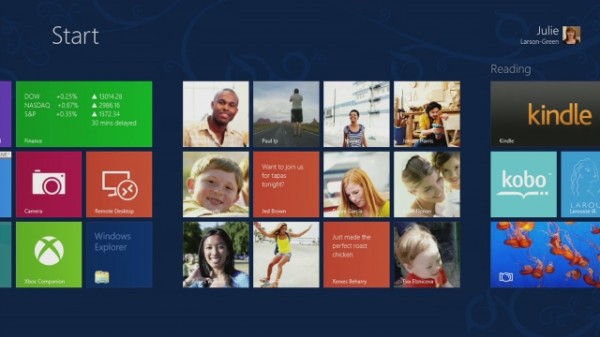

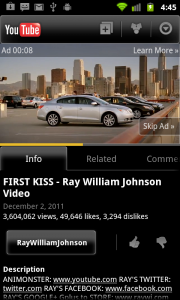 To monetize the ever increasing mobile traffic from smartphones and tablets, YouTube has
To monetize the ever increasing mobile traffic from smartphones and tablets, YouTube has 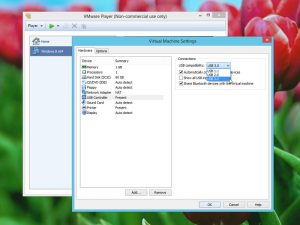 Leading virtualization developer VMware has announced three major new releases across its range of consumer products.
Leading virtualization developer VMware has announced three major new releases across its range of consumer products.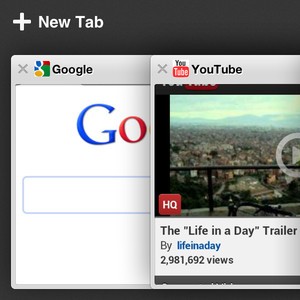 Just like Firefox, Chrome rockets through version numbers as though it is going out of fashion. Although Google’s foray into the world of web browsers for iPhone and iPad is fairly recent,
Just like Firefox, Chrome rockets through version numbers as though it is going out of fashion. Although Google’s foray into the world of web browsers for iPhone and iPad is fairly recent,  Everything Everywhere has been granted the right to utilize the 1800MHz spectrum for 4G connectivity by UK communications regulator Ofcom. According to Ofcom, the license was awarded following market demand that, according to a European Commision decision, forces United Kingdom to grant a 4G license for 900MHz and 1800MHz spectrum, the latter being used by Everything Everywhere.
Everything Everywhere has been granted the right to utilize the 1800MHz spectrum for 4G connectivity by UK communications regulator Ofcom. According to Ofcom, the license was awarded following market demand that, according to a European Commision decision, forces United Kingdom to grant a 4G license for 900MHz and 1800MHz spectrum, the latter being used by Everything Everywhere.
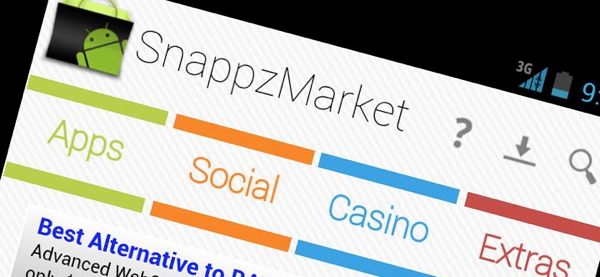
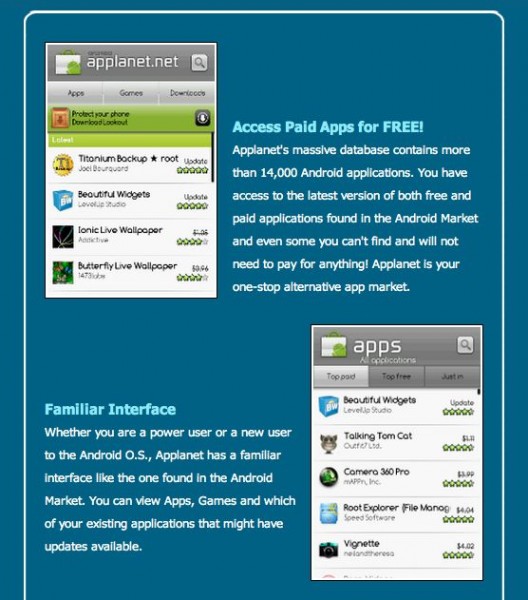
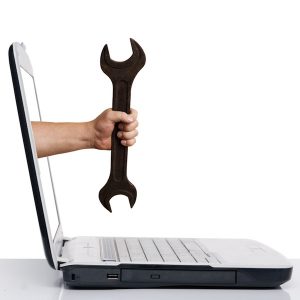 Microsoft loves its MVPs -- most valued professionals -- and for good reasons. The company sells few products direct, relying instead on the skills of third-parties to promote and service solutions. MVPs receive special status and act, among other things, as crucial evangelists.
Microsoft loves its MVPs -- most valued professionals -- and for good reasons. The company sells few products direct, relying instead on the skills of third-parties to promote and service solutions. MVPs receive special status and act, among other things, as crucial evangelists.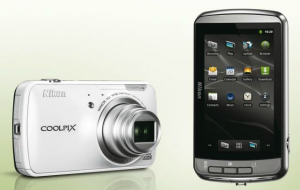 Android cameras are
Android cameras are 
 I spend a lot of time defending educational as opposed to purely technical solutions to security. Not that I don’t believe in the usefulness of technical solutions. However, there are many people in the security business who believe that education is a waste of time because it isn’t 100-percent effective. Unfortunately, you can make the very same argument against any technological solution. Randy Abrams and I discussed that conflict of ideas at some length in a paper for AVAR: see
I spend a lot of time defending educational as opposed to purely technical solutions to security. Not that I don’t believe in the usefulness of technical solutions. However, there are many people in the security business who believe that education is a waste of time because it isn’t 100-percent effective. Unfortunately, you can make the very same argument against any technological solution. Randy Abrams and I discussed that conflict of ideas at some length in a paper for AVAR: see 
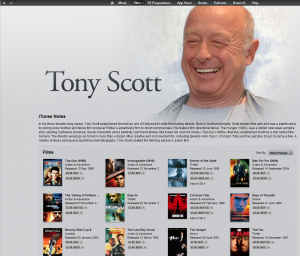 When film director Tony Scott committed suicide, Apple quickly put up a tribute to him on the iTunes store. Except the page is less of a tribute and more of a shop window. Underneath a picture of Scott, and a brief biography, are links to all of his movies available to rent or buy from Apple. It doesn’t mention his death, at all, just lumps all of his films together into a collection that’s prominently listed on the front Films screen.
When film director Tony Scott committed suicide, Apple quickly put up a tribute to him on the iTunes store. Except the page is less of a tribute and more of a shop window. Underneath a picture of Scott, and a brief biography, are links to all of his movies available to rent or buy from Apple. It doesn’t mention his death, at all, just lumps all of his films together into a collection that’s prominently listed on the front Films screen.
 Want to know the specifications of a computer? You could look at the manufacturer’s website, but you’ll probably find that there is a limit to the level of detail provided. Similarly, if you want to know how fast your machine is, there is little point relying on figures quoted by the manufacturer, if you want to know how it performs in the scenarios you are using it in.
Want to know the specifications of a computer? You could look at the manufacturer’s website, but you’ll probably find that there is a limit to the level of detail provided. Similarly, if you want to know how fast your machine is, there is little point relying on figures quoted by the manufacturer, if you want to know how it performs in the scenarios you are using it in.  One of the most frustrating aspects of dealing with media files is that seemingly identical files are anything but. Why is it you’re able to play one AVI video file, but not another? How come that .MP4 video plays flawlessly, but this one just won’t open?
One of the most frustrating aspects of dealing with media files is that seemingly identical files are anything but. Why is it you’re able to play one AVI video file, but not another? How come that .MP4 video plays flawlessly, but this one just won’t open?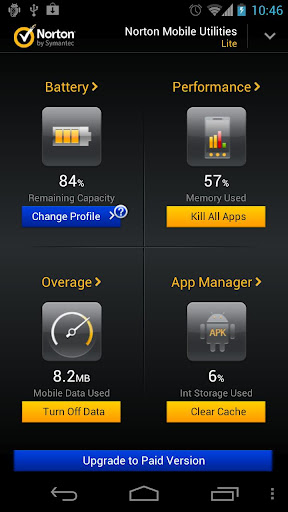 Symantec is a company with many strings to its bow but is most often associated with security software. Those with long memories will remember Norton Utilities, a tweaking tool for Windows that Symantec bought. The Norton name lives on and
Symantec is a company with many strings to its bow but is most often associated with security software. Those with long memories will remember Norton Utilities, a tweaking tool for Windows that Symantec bought. The Norton name lives on and 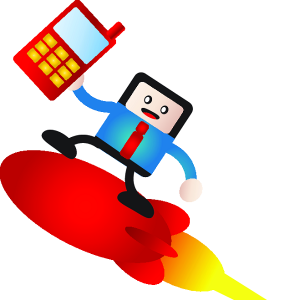 Great news for those seeking truly unlimited data plans. T-Mobile
Great news for those seeking truly unlimited data plans. T-Mobile 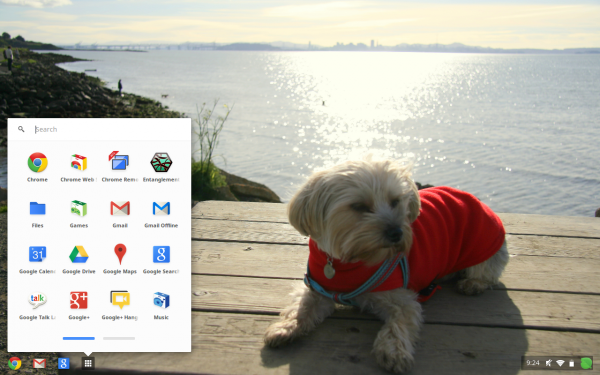

 Adobe Systems has released a new version of
Adobe Systems has released a new version of 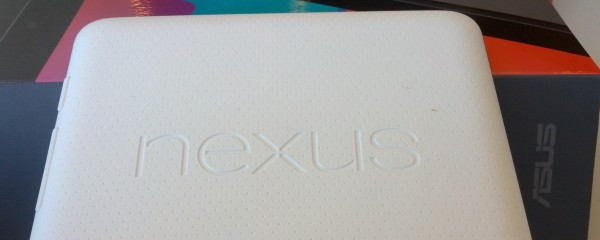
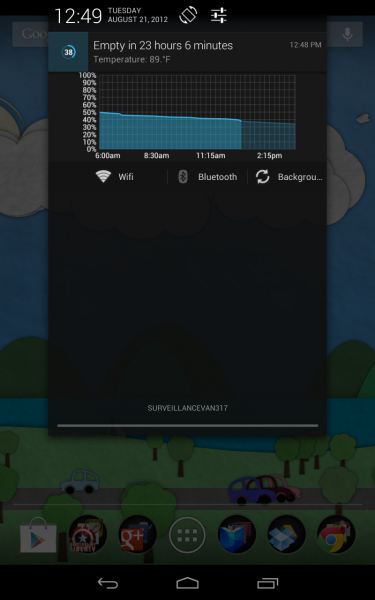 No Middle Ground
No Middle Ground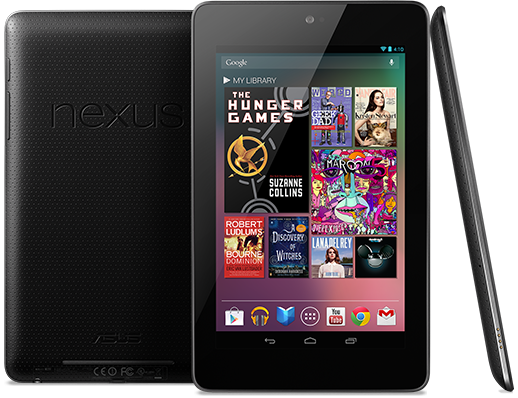

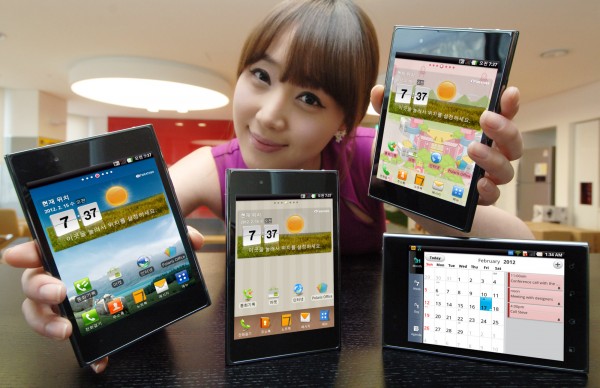
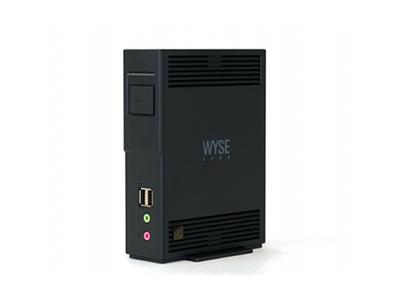
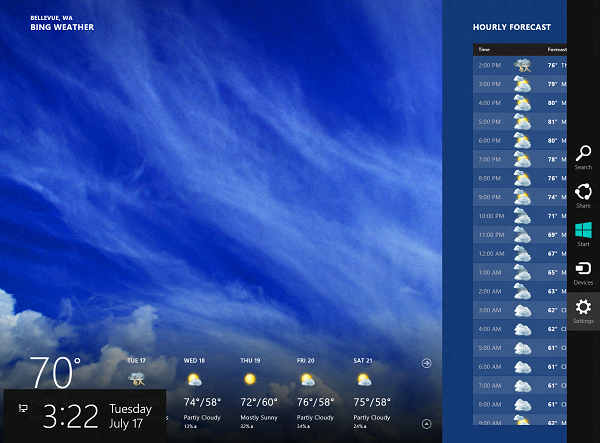
 Streaming media, downloading files, running a backup -- there are all kinds of reasons why you might leave your laptop (or any PC) alone for a while. But if your home has babies, pets or other curious passers-by then that could lead to problems, as even a single stray mouse click or key press could interrupt whatever you’re trying to do.
Streaming media, downloading files, running a backup -- there are all kinds of reasons why you might leave your laptop (or any PC) alone for a while. But if your home has babies, pets or other curious passers-by then that could lead to problems, as even a single stray mouse click or key press could interrupt whatever you’re trying to do. It's like some twisted reality TV show. As we draw closer to Windows 8's official release date, a parade of "D-List" industry luminaries has emerged to bash the product in exchange for their 15 minutes of fame. Names like Gabe Newell, a previously unknown co-founder from the equally obscure software firm Valve, have now become household names among the anti-Windows set. And while their arguments against Windows 8's success ring a bit hollow, the industry media is still eager to lap up every controversial quote.
It's like some twisted reality TV show. As we draw closer to Windows 8's official release date, a parade of "D-List" industry luminaries has emerged to bash the product in exchange for their 15 minutes of fame. Names like Gabe Newell, a previously unknown co-founder from the equally obscure software firm Valve, have now become household names among the anti-Windows set. And while their arguments against Windows 8's success ring a bit hollow, the industry media is still eager to lap up every controversial quote.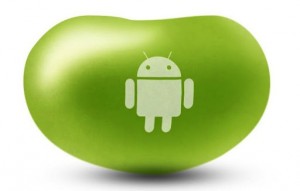 Android Open Kang Project, the team behind the popular custom Android distribution AOKP, has announced the availability of the first Android 4.1 Jelly Bean official build named
Android Open Kang Project, the team behind the popular custom Android distribution AOKP, has announced the availability of the first Android 4.1 Jelly Bean official build named  Before you share images via email, Facebook, or some other online means, the chances are that you have to spend time resizing them. This may be to overcome size restrictions (in the case of email attachments) or to reduce upload time (when you are sharing via social networks).
Before you share images via email, Facebook, or some other online means, the chances are that you have to spend time resizing them. This may be to overcome size restrictions (in the case of email attachments) or to reduce upload time (when you are sharing via social networks). 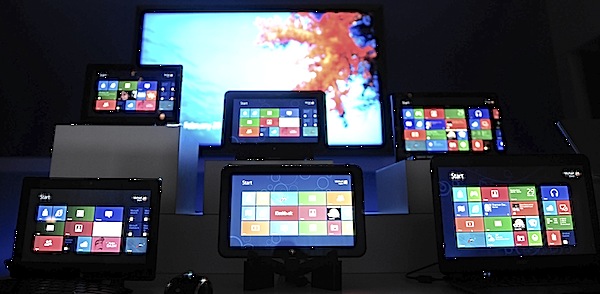
 If you need to free up some hard drive space then using something like
If you need to free up some hard drive space then using something like 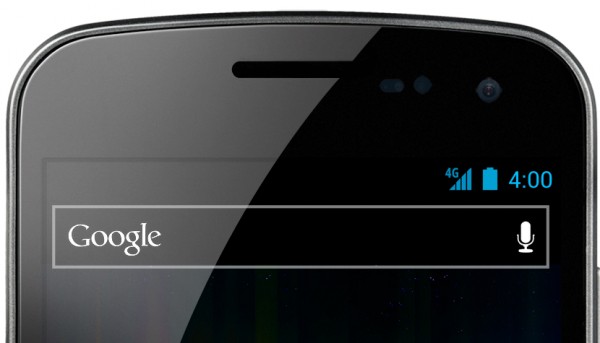
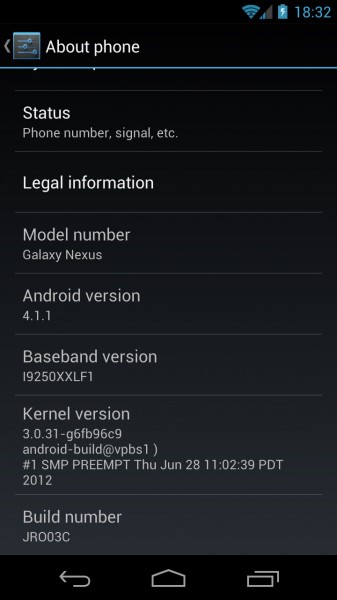 From the folder where Android SDK Platform-tools is installed (in my case it is "C:\Program Files (x86)\Android\android-sdk\platform-tools") copy the following files to the "Nexus" folder:
From the folder where Android SDK Platform-tools is installed (in my case it is "C:\Program Files (x86)\Android\android-sdk\platform-tools") copy the following files to the "Nexus" folder: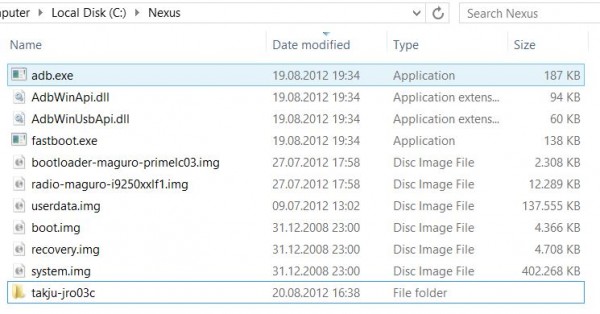

 US bookseller Barnes & Noble has confirmed that it will be bringing its Nook digital eBook readers and bookstore to the UK in the autumn. Initially the devices, which include Nook Simple Touch and the Nook Simple Touch with GlowLight, will only be available through the company’s online storefront at
US bookseller Barnes & Noble has confirmed that it will be bringing its Nook digital eBook readers and bookstore to the UK in the autumn. Initially the devices, which include Nook Simple Touch and the Nook Simple Touch with GlowLight, will only be available through the company’s online storefront at 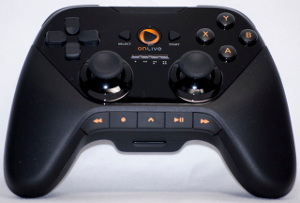
 Social gaming just used to be about having fun, but now there’s a real-money element creeping in. First Gamesys launched a
Social gaming just used to be about having fun, but now there’s a real-money element creeping in. First Gamesys launched a 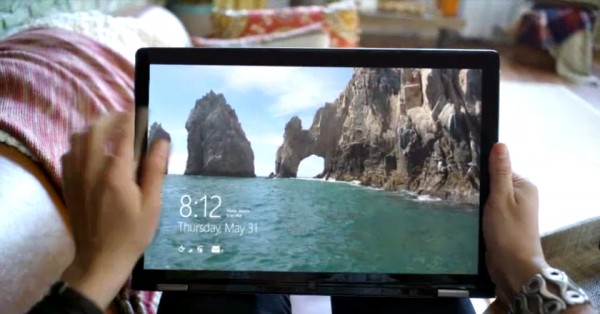
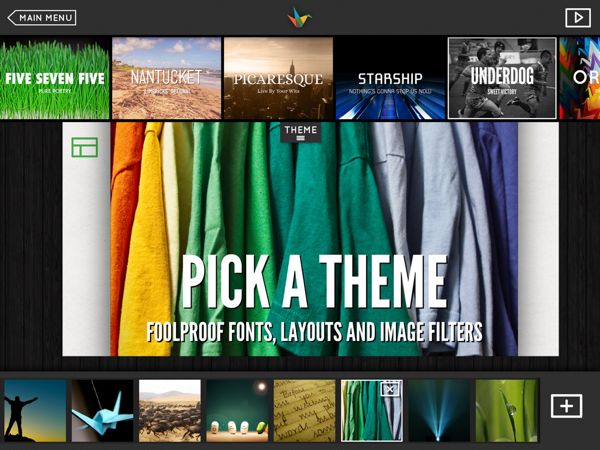
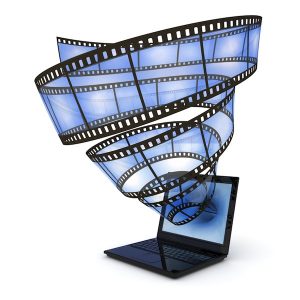 Visit YouTube in your browser and it’s easy enough to search for and play any videos you like. Downloading individual clips and using them offline is a little more difficult, though -- unless you get help from a third-party tool like
Visit YouTube in your browser and it’s easy enough to search for and play any videos you like. Downloading individual clips and using them offline is a little more difficult, though -- unless you get help from a third-party tool like 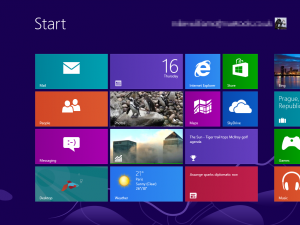 Windows 8 is finally finished, and we now know it’ll be
Windows 8 is finally finished, and we now know it’ll be 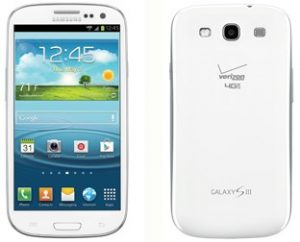 For Verizon
For Verizon 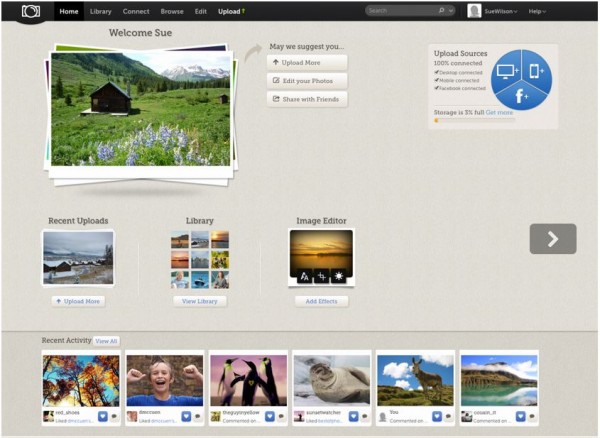
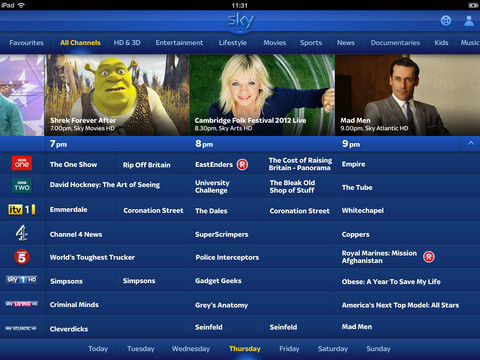
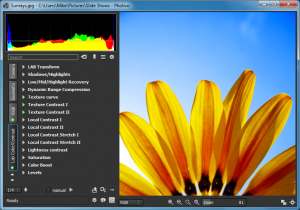 Some photo correction programs are optimized for simplicity. If you want to sharpen an image in Paint.NET, say, you’ll select Sharpen from the menu, and drag a slider to represent the amount of sharpening you need: easy.
Some photo correction programs are optimized for simplicity. If you want to sharpen an image in Paint.NET, say, you’ll select Sharpen from the menu, and drag a slider to represent the amount of sharpening you need: easy.
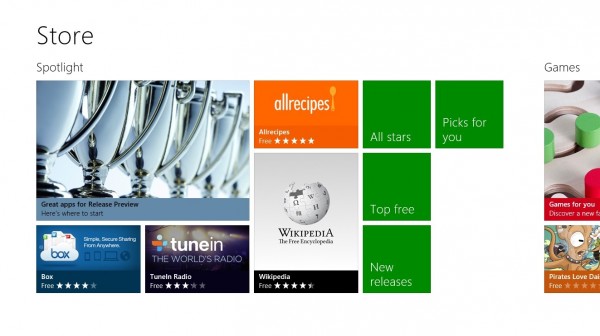
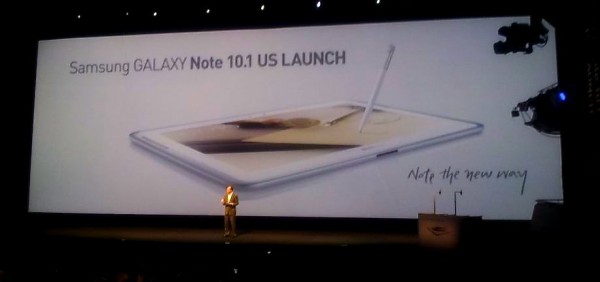

 [TK] The debate about the "lost decade" is a bit silly. Microsoft has made great improvements in the last 10 years. The enterprise market has grown very strongly, new markets like the Xbox conquered; new communication products like SharePoint are dominating…
[TK] The debate about the "lost decade" is a bit silly. Microsoft has made great improvements in the last 10 years. The enterprise market has grown very strongly, new markets like the Xbox conquered; new communication products like SharePoint are dominating… Chinese software developer EASEUS has updated its ToDo Backup software range to version 5. All versions, including
Chinese software developer EASEUS has updated its ToDo Backup software range to version 5. All versions, including  If you’d like to find out which programs load along with Windows on your PC then
If you’d like to find out which programs load along with Windows on your PC then 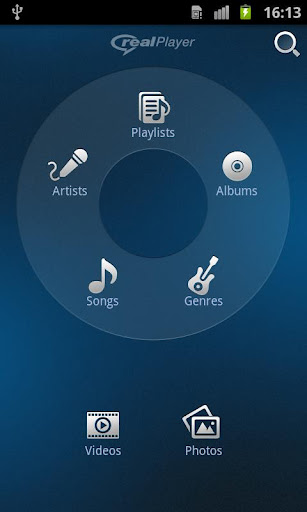 Remember RealPlayer? The media player that was once, quite some time ago, one of the go-to media players for online media disappeared into relative obscurity, shouldered out of the limelight by the likes of Silverlight and HTML5 video. For desktop platforms, RealPlayer has all but vanished, but it is trying to make headway into the mobile market.
Remember RealPlayer? The media player that was once, quite some time ago, one of the go-to media players for online media disappeared into relative obscurity, shouldered out of the limelight by the likes of Silverlight and HTML5 video. For desktop platforms, RealPlayer has all but vanished, but it is trying to make headway into the mobile market. 
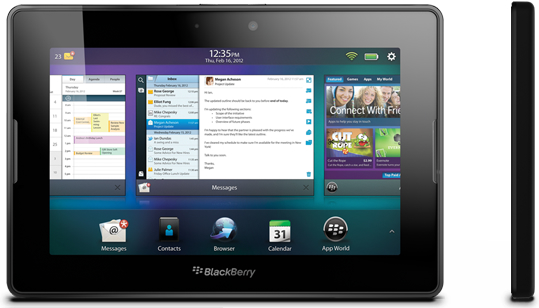
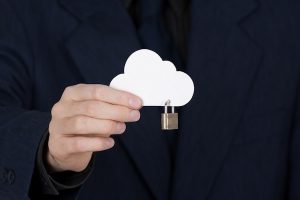 Cloud security has been a hot topic in the news
Cloud security has been a hot topic in the news 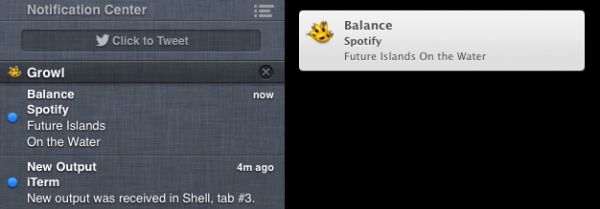
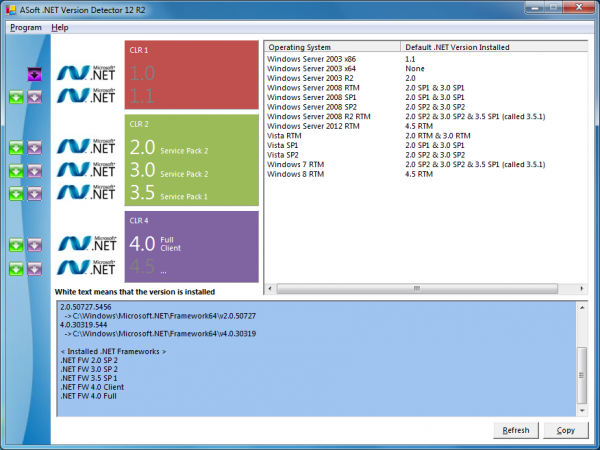
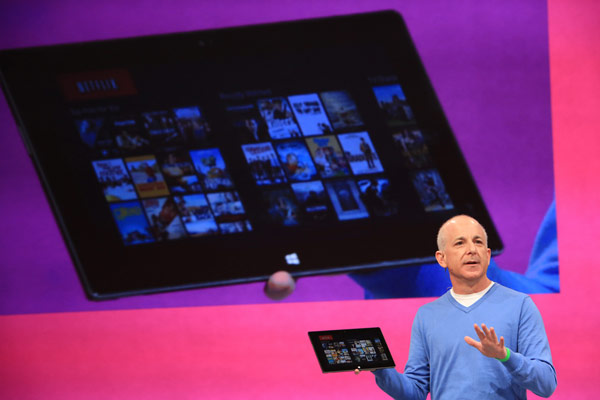
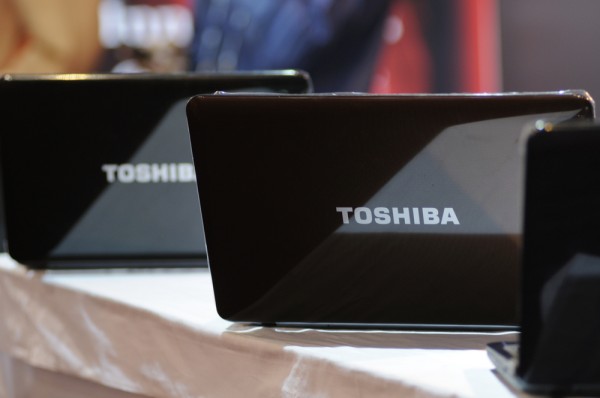
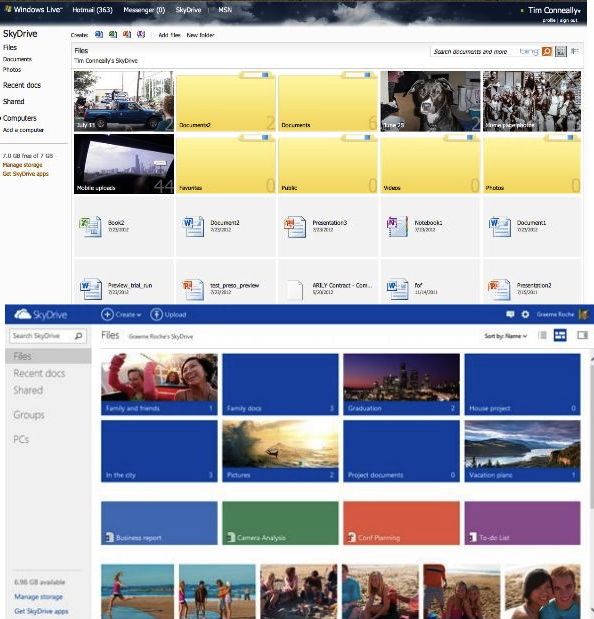
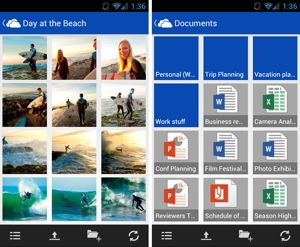
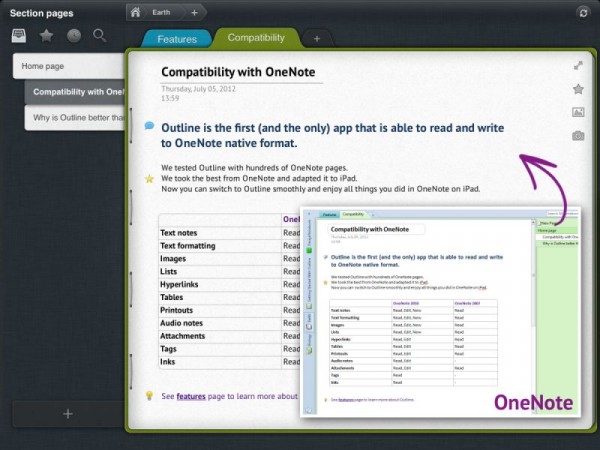
 It's a radical thought. What if Microsoft is secretly planning to ditch Intel? With all of the recent talk about
It's a radical thought. What if Microsoft is secretly planning to ditch Intel? With all of the recent talk about  The transpiring events of Apple’s lawsuit against Samsung divides the technology industry and hones in on several overarching intellectual property talking points and issues that far extend the perpetual "eye for an eye" battle the companies occupy. Many writers and pundits state that the lawsuit will be a primary stepping stone to IP and patent reform and will be a primary decider of the future of patent law in the technology industry.
The transpiring events of Apple’s lawsuit against Samsung divides the technology industry and hones in on several overarching intellectual property talking points and issues that far extend the perpetual "eye for an eye" battle the companies occupy. Many writers and pundits state that the lawsuit will be a primary stepping stone to IP and patent reform and will be a primary decider of the future of patent law in the technology industry. Jeremy Liu is a high school student who first became obsessed with technology in the 8th grade when his father bought him an iPod touch after months of begging. At a time when iPhones and the iPod Touch were spectacularly rare, the device managed to fascinate both himself and his friends. Liu now shuns the mainstream and roots for underdogs, owning a Windows Phone, Blackberry PlayBook and Sony Walkman X. Since then technology has grown from a passion to an obsession and he now directs his energies towards writing. You can find him on
Jeremy Liu is a high school student who first became obsessed with technology in the 8th grade when his father bought him an iPod touch after months of begging. At a time when iPhones and the iPod Touch were spectacularly rare, the device managed to fascinate both himself and his friends. Liu now shuns the mainstream and roots for underdogs, owning a Windows Phone, Blackberry PlayBook and Sony Walkman X. Since then technology has grown from a passion to an obsession and he now directs his energies towards writing. You can find him on 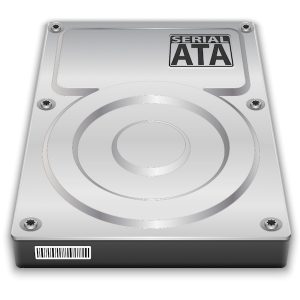 Paragon Software has released
Paragon Software has released  It had to happen eventually. Representatives of the media and entertainment industries have been complaining for years about Google linking to sites that offer copyrighted content, accusing the Internet giant of not doing nearly enough to prevent access to infringing material. The company’s stock response has always been that it only indexes the web, and the results that appear when someone types a query into Google simply reflects the sites that people go to, and other sites link to. It’s a fair argument, although one somewhat undermined by last year’s algorithm update that targeted content farms, and showed the company’s willingness to tweak what sites appear where in its index.
It had to happen eventually. Representatives of the media and entertainment industries have been complaining for years about Google linking to sites that offer copyrighted content, accusing the Internet giant of not doing nearly enough to prevent access to infringing material. The company’s stock response has always been that it only indexes the web, and the results that appear when someone types a query into Google simply reflects the sites that people go to, and other sites link to. It’s a fair argument, although one somewhat undermined by last year’s algorithm update that targeted content farms, and showed the company’s willingness to tweak what sites appear where in its index. ACD Systems has announced the release of
ACD Systems has announced the release of 

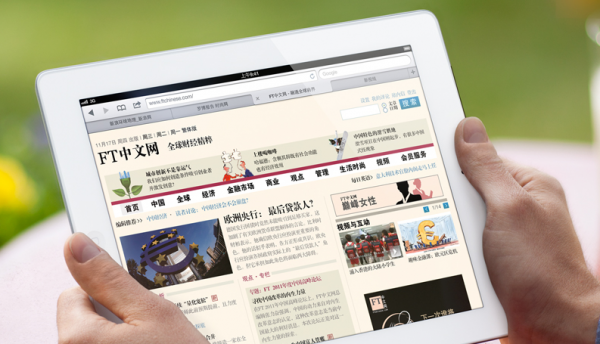

 Paragon Software has released
Paragon Software has released 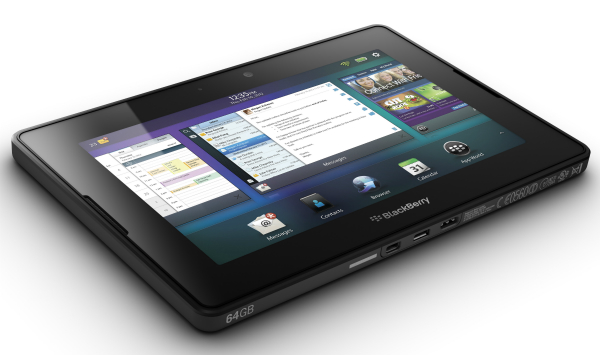
 Who doesn’t love a good tweaking tool? Everyone likes the idea of being able to boost the performance of their computer without having to shell out on potential expensive hardware and
Who doesn’t love a good tweaking tool? Everyone likes the idea of being able to boost the performance of their computer without having to shell out on potential expensive hardware and  Modders everywhere rejoice: CyanogenMod 9 (CM9) is
Modders everywhere rejoice: CyanogenMod 9 (CM9) is 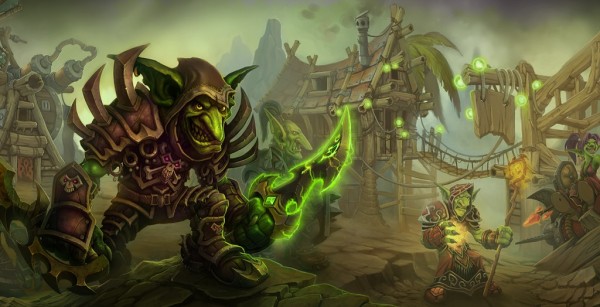

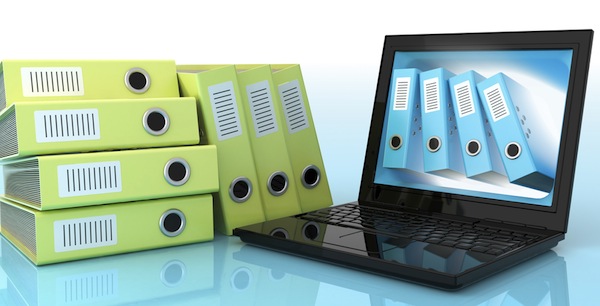
 Detecting rootkits and similar stealthy malware is always a challenge, so it can be a good idea to equip your PC with third-party tools which may be able to help.
Detecting rootkits and similar stealthy malware is always a challenge, so it can be a good idea to equip your PC with third-party tools which may be able to help. Sharing details of the hack that “wiped his life” has earned Mat Honan a place in the annals of information system security; the specific interdependence of flawed authentication systems that cost him so dearly -- encompassing Apple, iCloud, Amazon.com, Gmail and more -- would probably still exist if Honan had not gone public.
Sharing details of the hack that “wiped his life” has earned Mat Honan a place in the annals of information system security; the specific interdependence of flawed authentication systems that cost him so dearly -- encompassing Apple, iCloud, Amazon.com, Gmail and more -- would probably still exist if Honan had not gone public. 
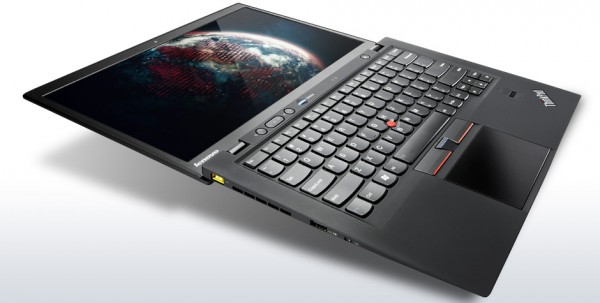



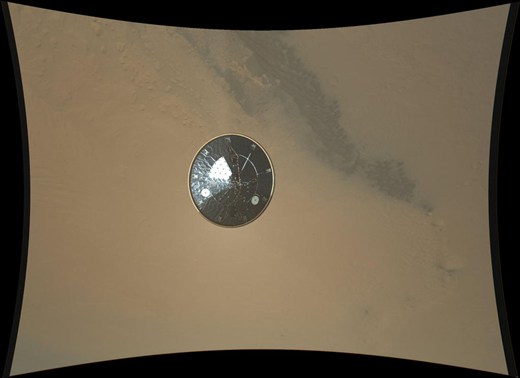

 So, you’ve made your choice between Mac and PC and decided that OS X is the operating system for you. But whatever personal choice you may have made, there are various reasons why you might need to turn to Windows software from time to time. While it is less common with big-name applicaions these days, there are still numerous titles that are not available for OS X. If your work requires you to use such a program,
So, you’ve made your choice between Mac and PC and decided that OS X is the operating system for you. But whatever personal choice you may have made, there are various reasons why you might need to turn to Windows software from time to time. While it is less common with big-name applicaions these days, there are still numerous titles that are not available for OS X. If your work requires you to use such a program,  The
The 

 Whether you’re worried about security, hoping to optimize download speeds, or just trying to save money, keeping an eye on how your Internet connection is being used can be very helpful. Windows doesn’t provide many tools to help in this area, unfortunately, but there are plenty of third-party alternatives available -- and
Whether you’re worried about security, hoping to optimize download speeds, or just trying to save money, keeping an eye on how your Internet connection is being used can be very helpful. Windows doesn’t provide many tools to help in this area, unfortunately, but there are plenty of third-party alternatives available -- and 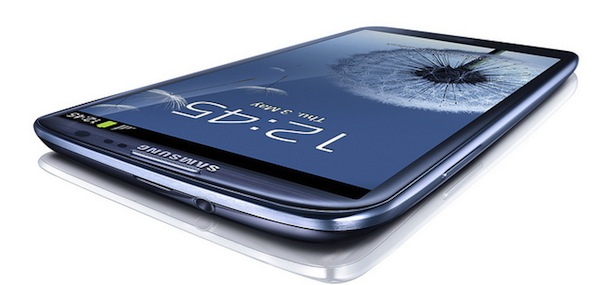
 Google is always trying out new ideas, and its latest experiment will allow users to locate personal Gmail messages through Google Search. Once enabled you just type what you’re looking for into the search box, and if there are any matching emails stored in your Gmail account they’ll be pulled out and displayed in a sidebar on the right of the results page. You can also search for contacts at the same time and, as a bonus, get updated information and statuses for any flights mentioned in Gmail messages.
Google is always trying out new ideas, and its latest experiment will allow users to locate personal Gmail messages through Google Search. Once enabled you just type what you’re looking for into the search box, and if there are any matching emails stored in your Gmail account they’ll be pulled out and displayed in a sidebar on the right of the results page. You can also search for contacts at the same time and, as a bonus, get updated information and statuses for any flights mentioned in Gmail messages.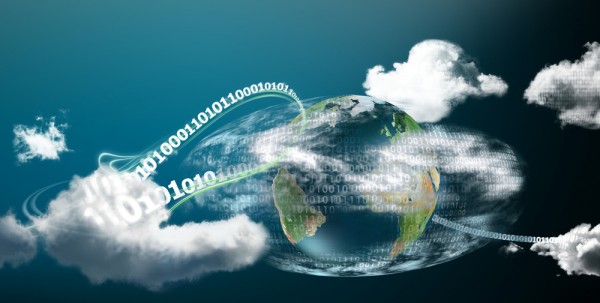
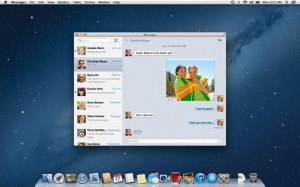 Like its predecessor, Apple’s most recent version of OS X, Mountain Lion, has been made available in the app store. From Apple’s point of view this helps to dramatically reduce production costs, and these saving can then be passed to customers who reap the benefits of cheap upgrades. But what the online installer model fails to take into account is that many people have to work within monthly download limits put in place by their ISP -- this is something that
Like its predecessor, Apple’s most recent version of OS X, Mountain Lion, has been made available in the app store. From Apple’s point of view this helps to dramatically reduce production costs, and these saving can then be passed to customers who reap the benefits of cheap upgrades. But what the online installer model fails to take into account is that many people have to work within monthly download limits put in place by their ISP -- this is something that  After more than 18 months in beta, Microsoft released version 1.0 of its free
After more than 18 months in beta, Microsoft released version 1.0 of its free 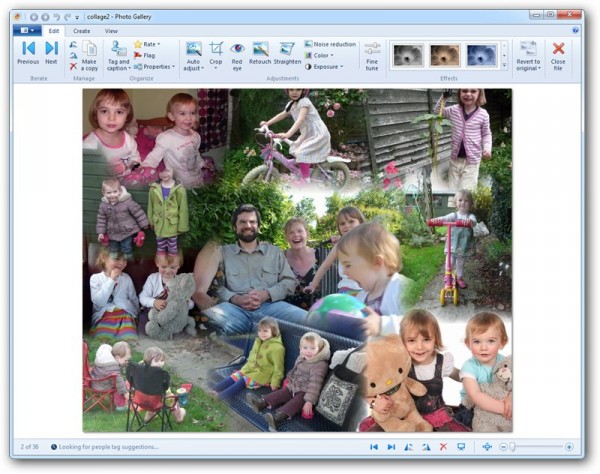
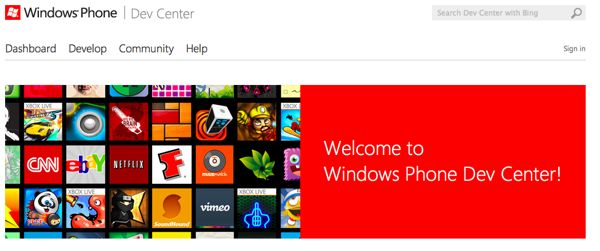
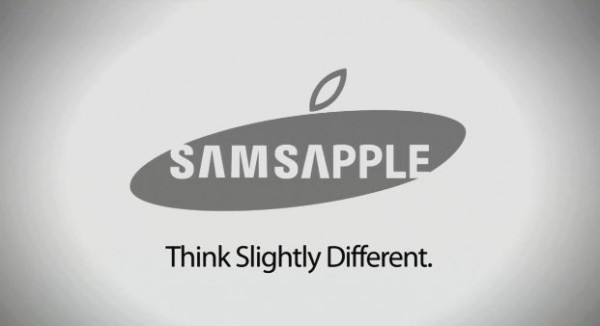
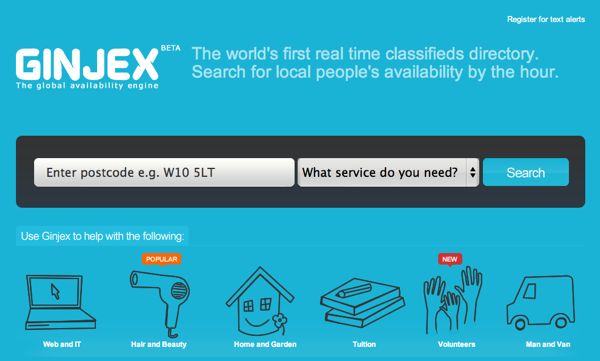

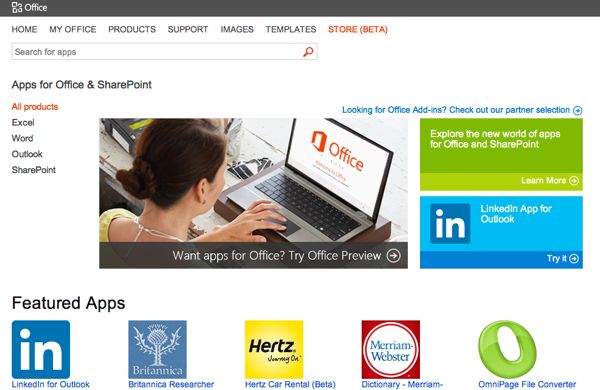
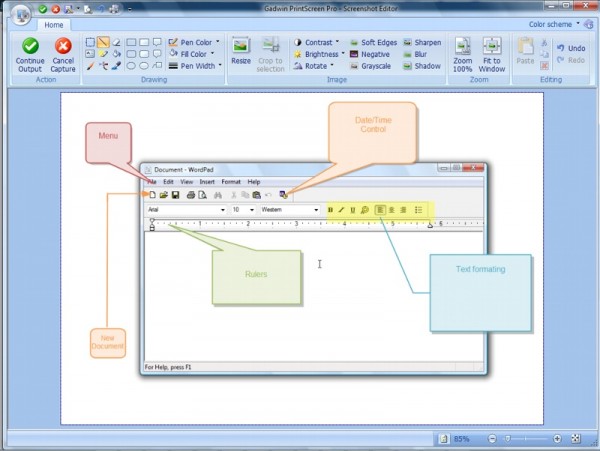
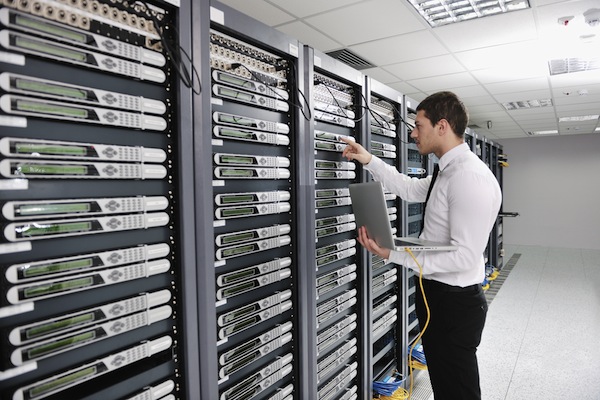
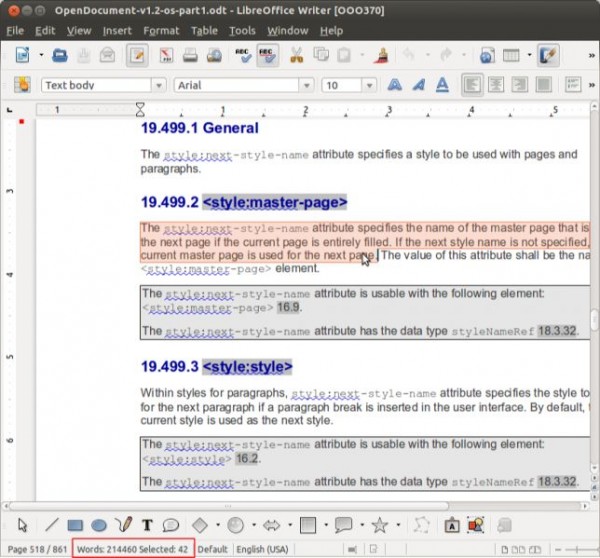
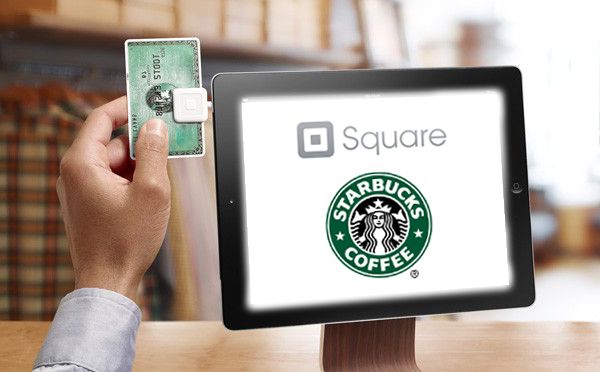
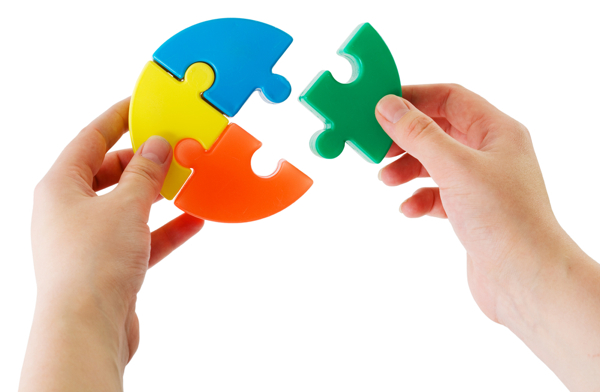
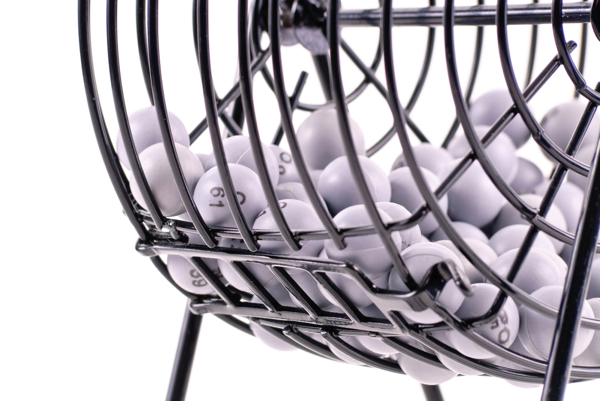
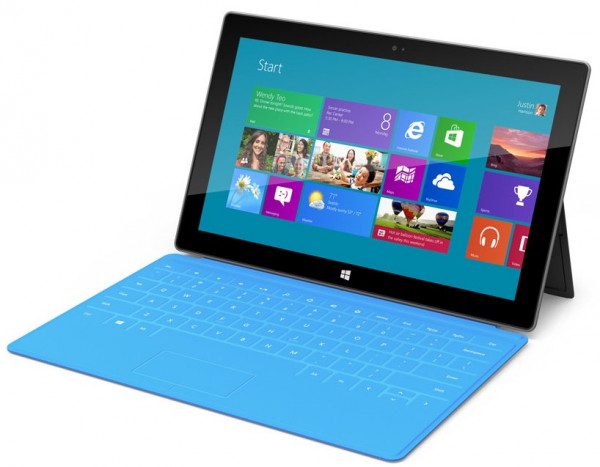
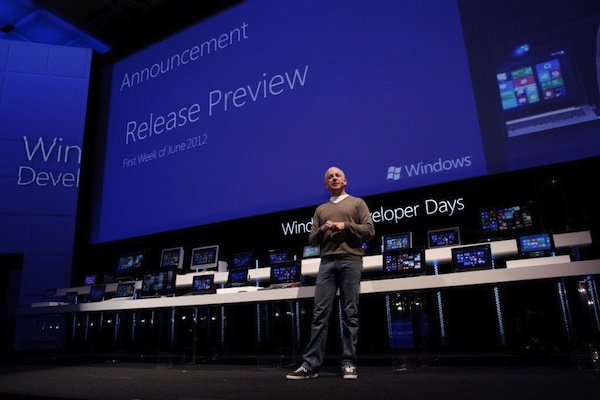
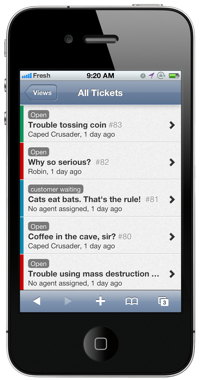 Cloud-based customer service startup Freshdesk on Tuesday announced the availability of the HTML5-based mobile app version of its helpdesk solution called FreshMobile. Like Salesforce's recently launched
Cloud-based customer service startup Freshdesk on Tuesday announced the availability of the HTML5-based mobile app version of its helpdesk solution called FreshMobile. Like Salesforce's recently launched 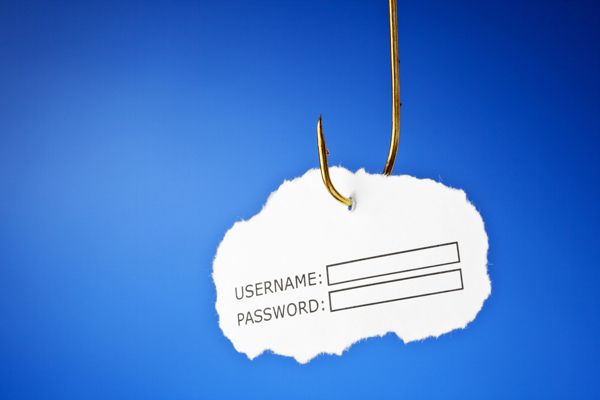
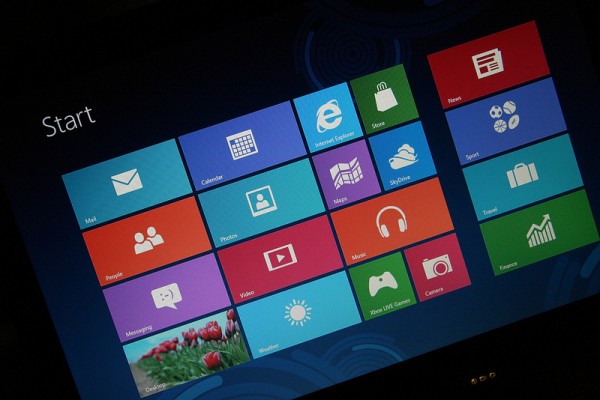
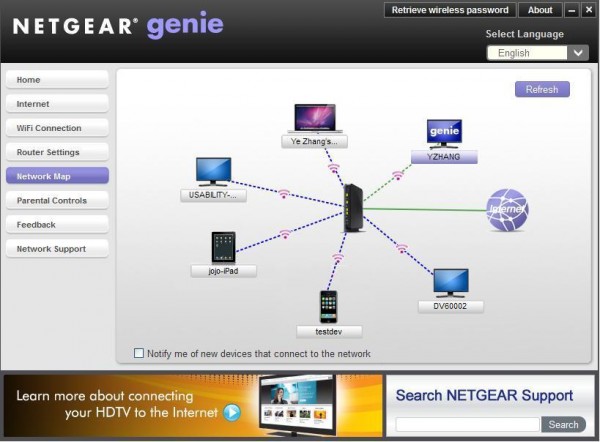
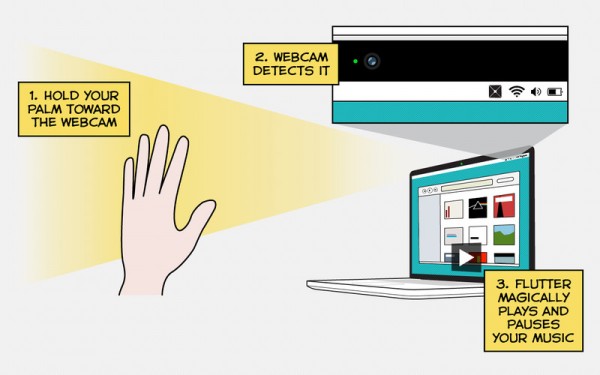
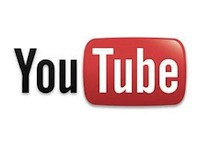
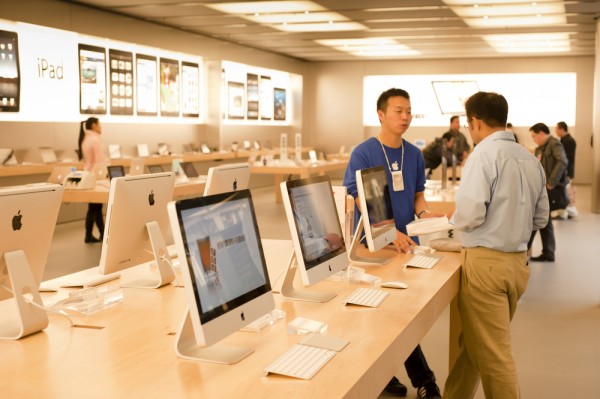
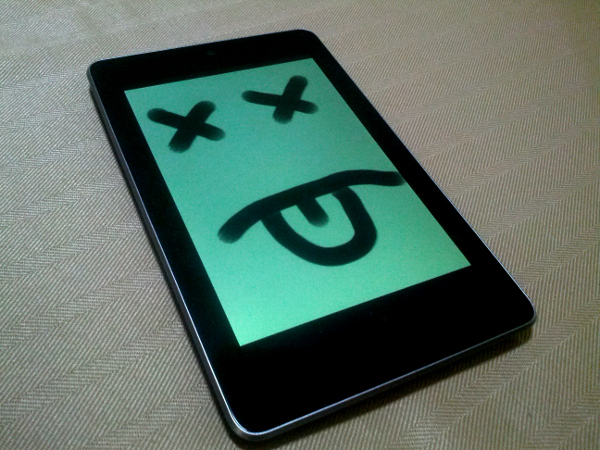
 Ed Zitron is a New York-based PR consultant and Forbes columnist. His long list of clients, and his infectious
Ed Zitron is a New York-based PR consultant and Forbes columnist. His long list of clients, and his infectious 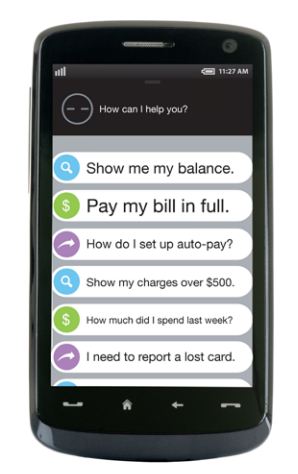
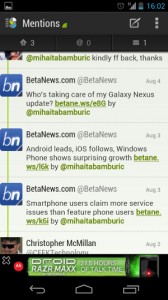
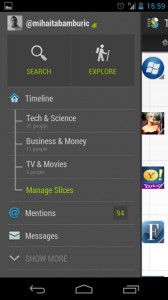
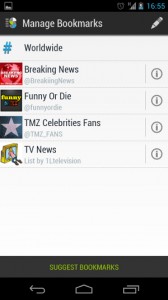

 According to Google's recent earnings report, the Mountain View search company has $43 billion in cash reserves. I'm no business expert, but that number seems unreasonably high and I think Google should use some of that money. Some have said that
According to Google's recent earnings report, the Mountain View search company has $43 billion in cash reserves. I'm no business expert, but that number seems unreasonably high and I think Google should use some of that money. Some have said that 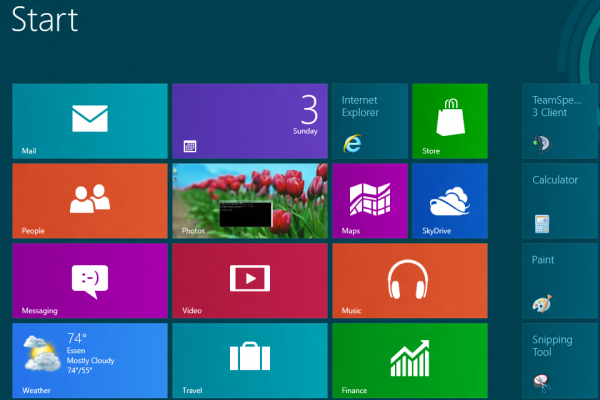
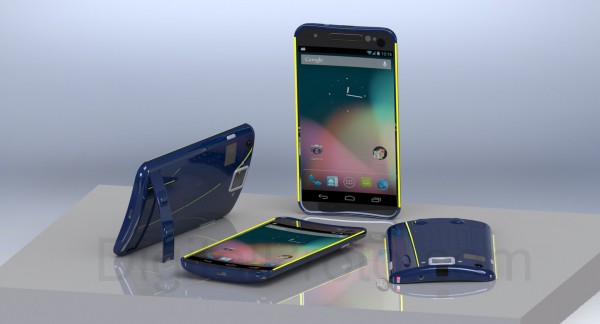
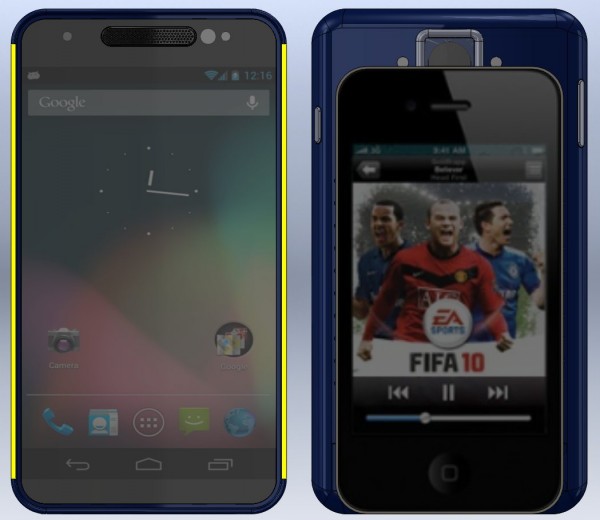
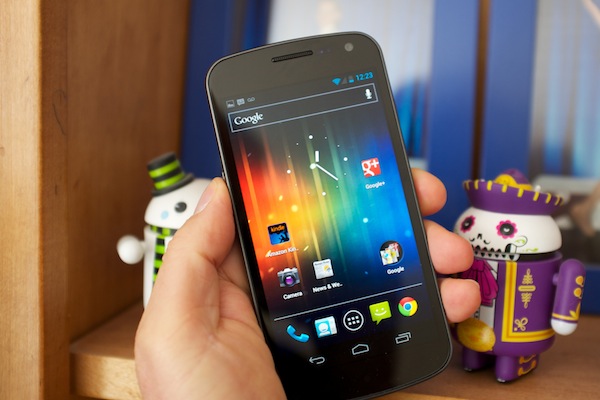
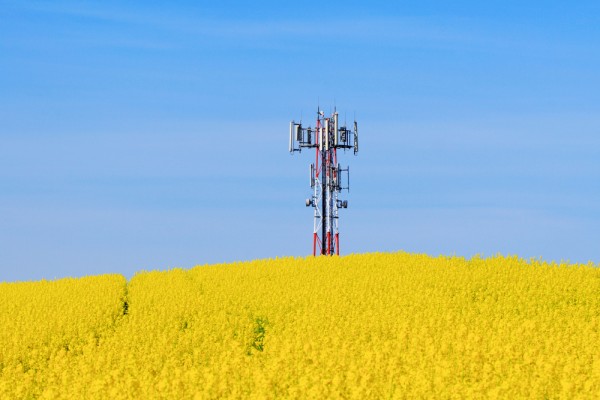

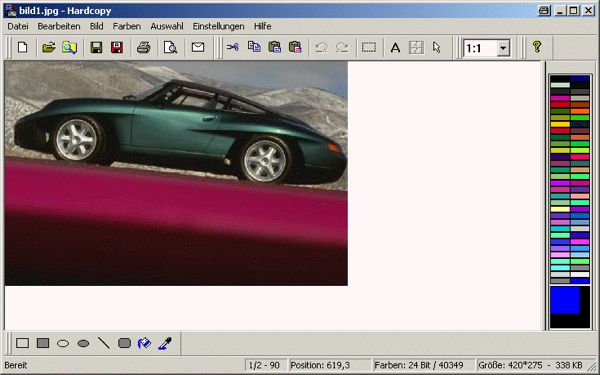

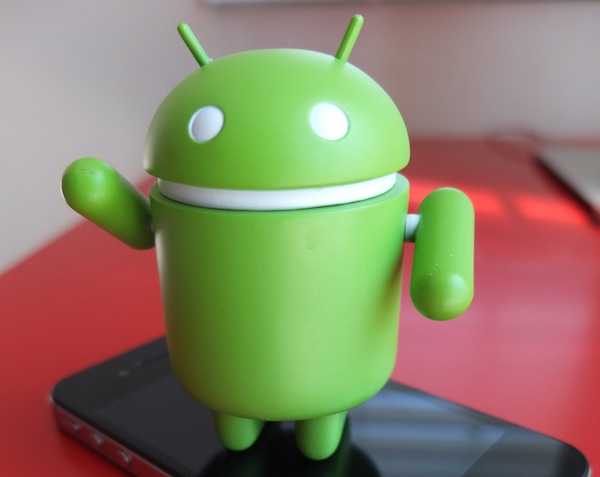

 I hate flat things. Flat tires. Flat musical notes. Flat soda bottles because my teenage son can't bring himself to tighten the cap properly. I just can't stand stuff that lacks in one dimension or another.
I hate flat things. Flat tires. Flat musical notes. Flat soda bottles because my teenage son can't bring himself to tighten the cap properly. I just can't stand stuff that lacks in one dimension or another.
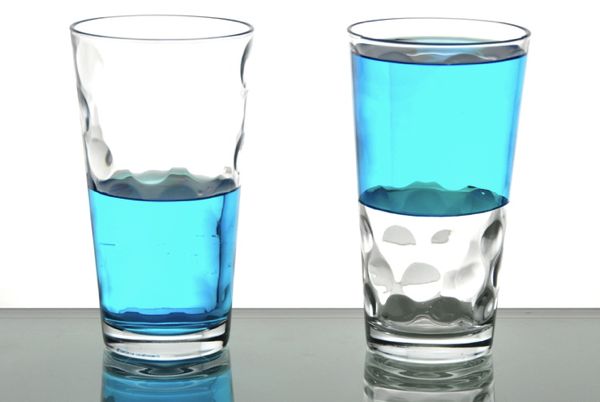
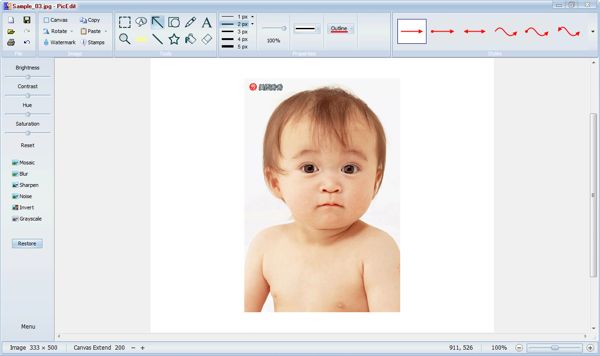
 If you still have a MySpace you likely fit into one of three groups: You forgot to formally
If you still have a MySpace you likely fit into one of three groups: You forgot to formally  Derrick Wlodarz is an IT professional who owns Park Ridge, IL (USA) based computer repair company FireLogic. He has over 7+ years of experience in the private and public technology sectors, holds numerous credentials from CompTIA and Microsoft, and is one of a handful of Google Apps Certified Trainers & Deployment Specialists in the States. He is an active member of CompTIA's Subject Matter Expert Technical Advisory Council that shapes the future of CompTIA examinations across the globe. You can reach out to him at
Derrick Wlodarz is an IT professional who owns Park Ridge, IL (USA) based computer repair company FireLogic. He has over 7+ years of experience in the private and public technology sectors, holds numerous credentials from CompTIA and Microsoft, and is one of a handful of Google Apps Certified Trainers & Deployment Specialists in the States. He is an active member of CompTIA's Subject Matter Expert Technical Advisory Council that shapes the future of CompTIA examinations across the globe. You can reach out to him at 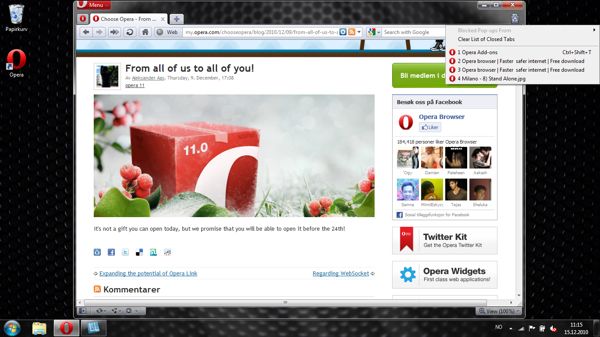

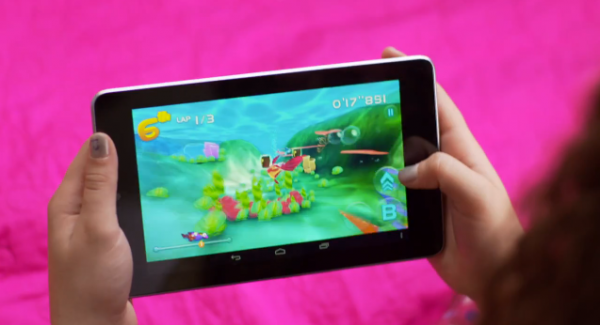
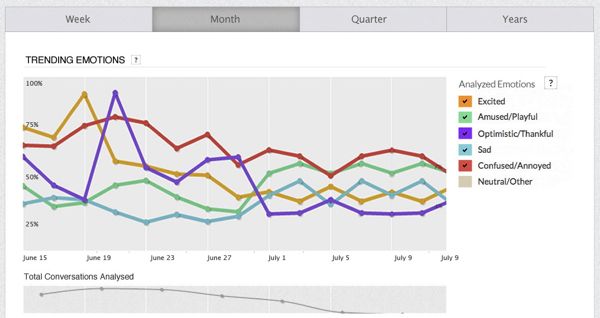
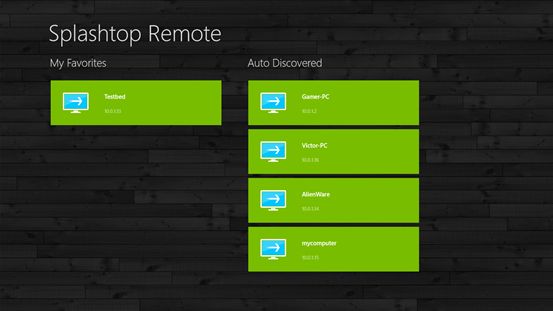
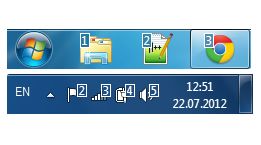

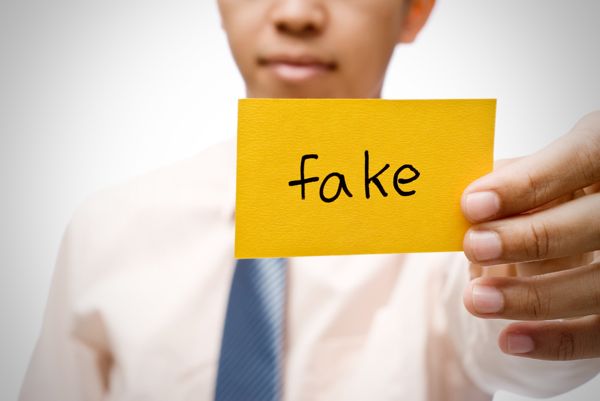
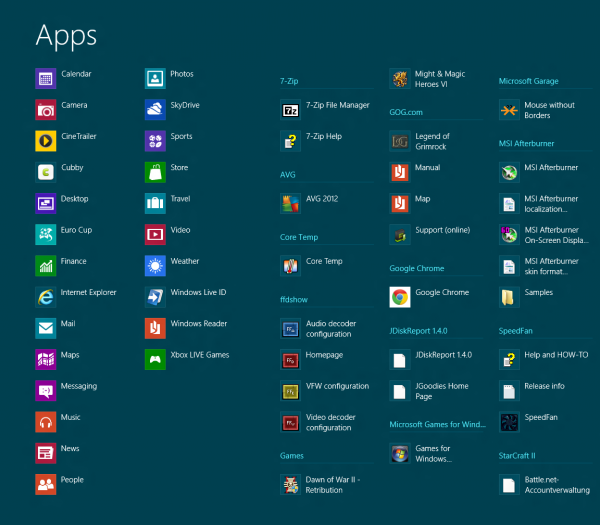
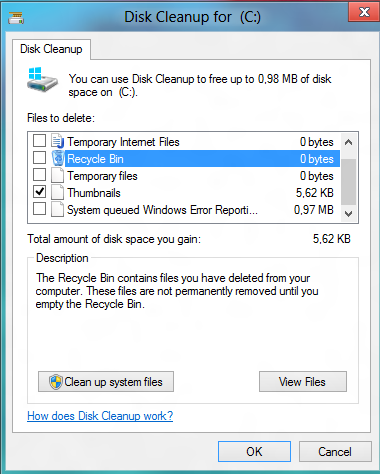 What you need to do now is remove any file that you do not want to see in the All Apps menu. You can delete the files or folders right away, or move them to a different location as a backup in case you need to access the files at a later point in time.
What you need to do now is remove any file that you do not want to see in the All Apps menu. You can delete the files or folders right away, or move them to a different location as a backup in case you need to access the files at a later point in time.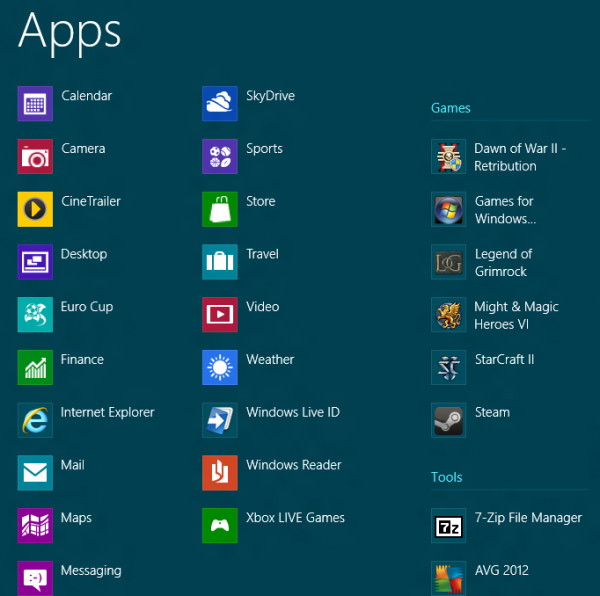
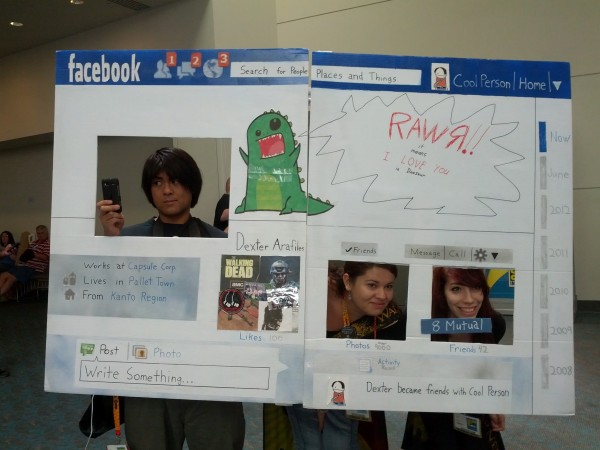
 Shoot Me
Shoot Me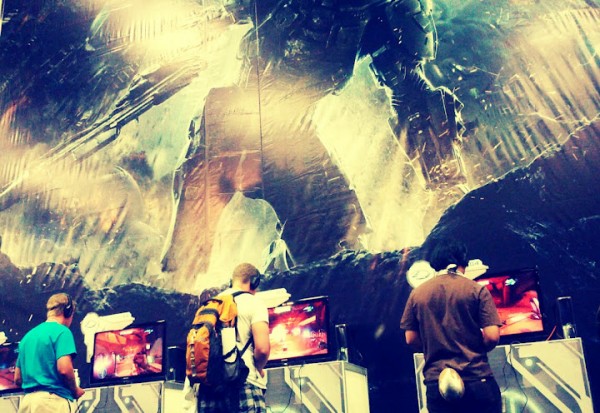

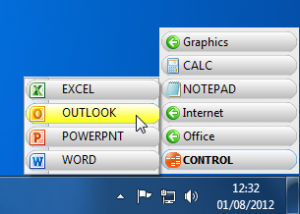 If you’re looking for a faster way to access your Windows applications then you could pin the appropriate shortcuts to your taskbar, but that gets cluttered fairly easily. And while the Start menu offers more customization options, it’s also more bulky, and about to disappear in Windows 8 anyway.
If you’re looking for a faster way to access your Windows applications then you could pin the appropriate shortcuts to your taskbar, but that gets cluttered fairly easily. And while the Start menu offers more customization options, it’s also more bulky, and about to disappear in Windows 8 anyway.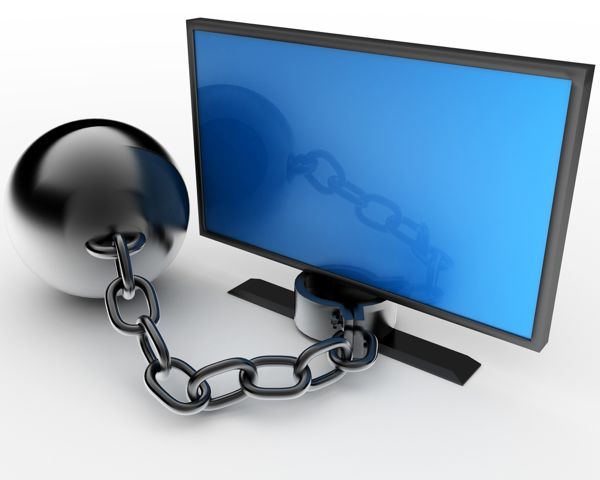
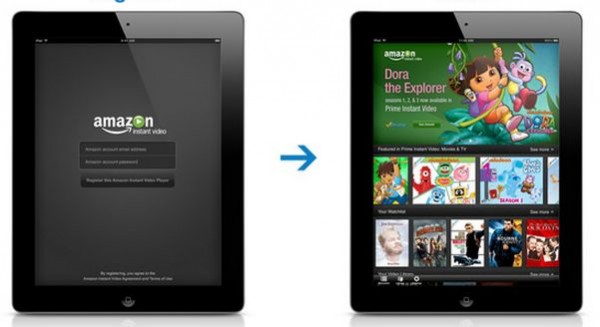

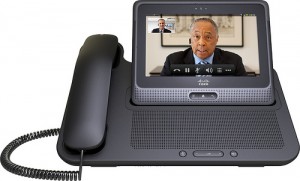
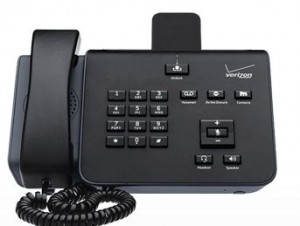
 Let me preface this article by saying I’m a long time Gmail fan. I signed up as soon as an invite came my way, and have used it as my primary email service ever since. Although I now have an
Let me preface this article by saying I’m a long time Gmail fan. I signed up as soon as an invite came my way, and have used it as my primary email service ever since. Although I now have an 

